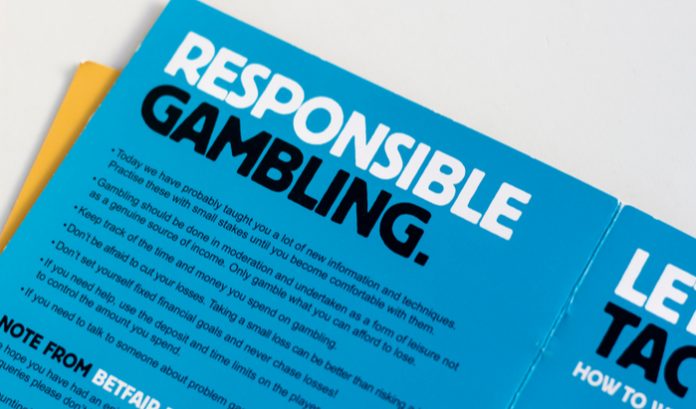Public Health England (PHE) has published its ‘Gambling-related harms evidence review’ report, concluding that gambling harms are directly linked to poorer mental wellbeing across English society.
In its remit laid out by the government, PHE was commissioned to examine the social impact of an industry ‘generating £14.2bn in profits’ and to provide insights on how to develop a ‘population-level approach to tackling gambling-harms as a public health issue’.
In its findings, the health body stated that it is necessary to comprehend ‘the extent to which gambling is a public health issue’ and which communities and socio-demographics are being affected by harm.
Six studies were undertaken in the assessment of the social and economic burden of gambling, and to provide feedback on stakeholders’ views of gambling-related harms recorded across England.
Societal harms were classified using an existing framework of financial harm; mental health abuse; relationship/family conflict; employment/educational loss; criminal activity and cultural/community damage.
Modelling from 2018 statistics outlined that 24.5m people in England gamble, equivalent to 54% of the adult population or 40% when excluding the National Lottery.
The report remarked that 0.5% of players reached the threshold to be considered problem gamblers based on the key indicators.
Social factors underlying problem gambling risks across England included poor mental wellbeing and physical health, social mobility, life outlook, alcohol consumption, employment and economic anxieties.
PHE findings revealed that problem gamblers participated in over six different gambling activities, with participation in online gambling for at-risk gamblers (23.4%) being double that of the general population (9.4%) in 2018.
Before addressing gambling prevalence and social harms, the body provided an evaluation of “the costs to society from gambling-related harms”, in which the agency estimated that the “annual economic burden of harmful gambling is approximately £1.27bn”
The economic evaluation cited that £647m of the costs was a direct government expense, interlinked with public health issues related to tackling mental health and wellbeing.
Providing a breakdown of mental health dynamics, PHE noted that the biggest social impact was attributed to gambling suicides which generated an estimated cost of £620m based on 409 suicides per year.
The report concluded by warning that due to the lack of available data, the effects could be worse than anticipated: “The lack of evidence meant that we could not cost all of the harms identified in the review, or cost the economic and social burden of gambling on affected others,” it said.
“This means that the overall estimated costs are likely to be underestimated. However, our economic analysis does provide a more recent and extensive estimate of excess costs than has been previously attempted.”



























